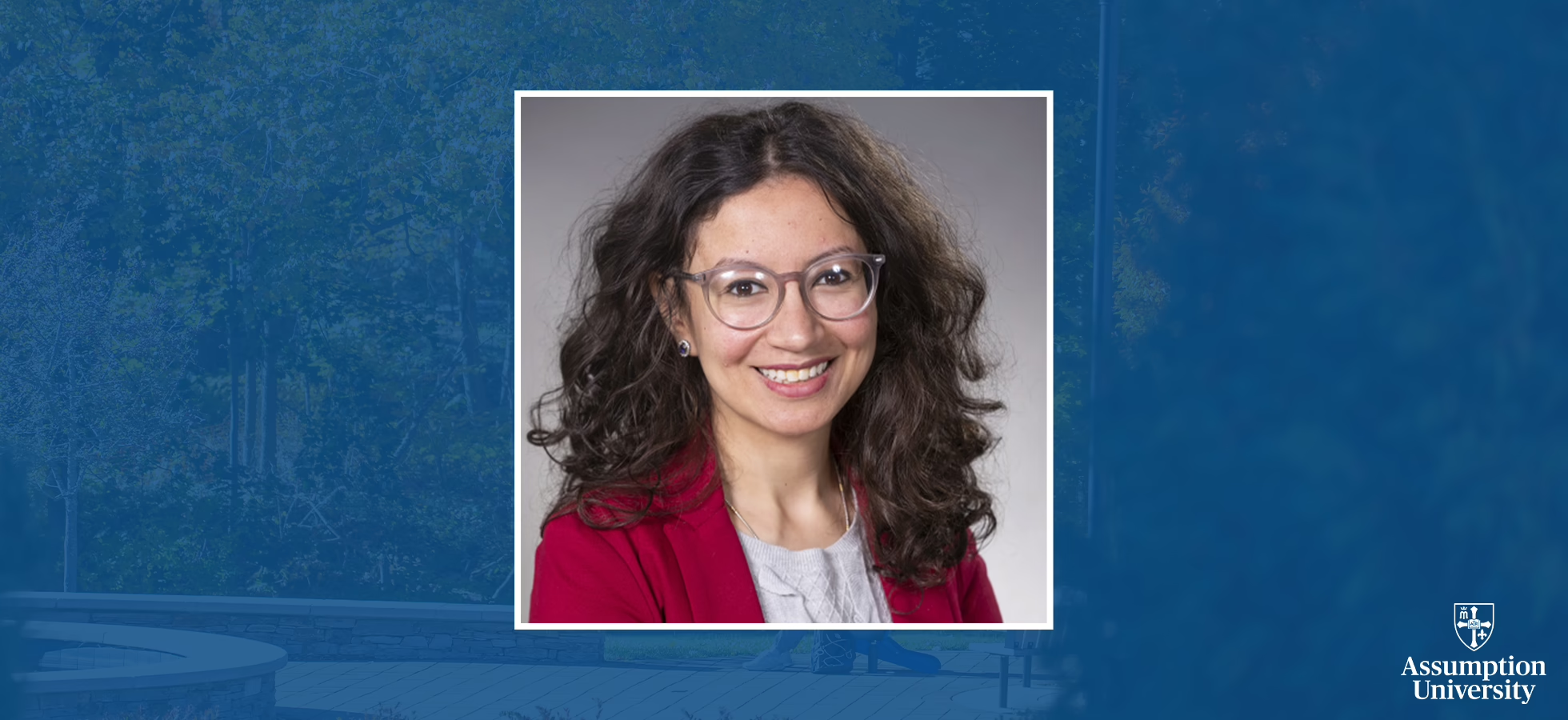New Management Course Prepares Students for AI-Infused Future

Much has been said about the potential for artificial intelligence (AI) to fundamentally reshape the relationship between employees and employers. It is a conversation, and a reality, that changes by the day. This fall, MGT 332, a new course in the Grenon School of Business, aims to help students not only navigate, but lead, that changing landscape.
“If you have a technology that you don’t trust and believe will replace you one day, then you’ll probably engage in behavior that diminishes any value that the technology can provide,” says Youstina Masoud, assistant professor of management and architect of the new course. “Our aim is to increase awareness and exposure to what productive use looks like in organizations, and to teach students how to use AI tools, specifically Gen[erative] AI, to benefit them.”
These benefits can include increased efficiency, improved learning outcomes, and a boost in creativity for certain contexts. However, the inappropriate application of AI can lead to employee alienation, distrust in leadership, and the harm of organizational culture. Class discussions explore the ethical implications of using AI in the workforce and how students can prepare for a future where technology may be used to replace employees.
“We consider how and when to introduce AI and discuss ways to prepare your workforce to accept and work with this technology. That includes upskilling—providing your employees with a new set of beneficial skills and knowledge that can expand productivity while minimizing layoffs,” she says.
Masoud highlighted two assignments, both of which tasked students with using Gen AI tools to reach a decision before reflecting upon the answer they reached with the tool’s help.
The first assignment saw students engage Gen AI in providing constructive criticism by reviewing their thought process and recommendations on a prior teamwork-based project.
“AI tools tend to be people pleasers. They want you to be happy because they want you to use them over and over again. This is why I specifically ask them to prompt the system to be a devil’s advocate—not a regular teammate,” Masoud says. “I ask students to reflect on their experience, the type of feedback they got, and how they took that feedback. Are you willing to accept challenges from a system? Would you take it the same way as being challenged by a human?”
Masoud’s second assignment had students analyze resumes against a job description and determine which candidate would fit best. Then, they prompted Gen AI to work as a recruiter and, analyzing the same inputs, choose which candidate to hire.
“I ask the class, if you are a human resources manager, and AI is being used in hiring and recruitment, and you look at the two resumes and the job description and have one opinion, but the system has a different opinion, how would you handle this?”
With newfound knowledge of these systems, Masoud has seen changes in how her students consider the extent to which AI will be used in their future careers.
“I encourage them to think about what will change in five years. This is an evolving technology. It’s changing all the time, and what we see today in organizations is very different from what we will see in the future. Now they have a better understanding through an organizational lens of what we can expect to see, what we should think about in the future, and how to prepare for it.”
Assumption’s mission, Masoud says, uniquely prepares Greyhounds to tackle a future infused with AI.
“We scrutinize and we criticize because the worst thing you can do with evolving technology like this is to accept it without considering its implications. What does it mean for the regular individual who may lose their position—for different sectors, for society, for minorities and majorities?” she asks. “The thing I love about Assumption is our willingness to ask tough questions. You wouldn’t see this at every school—especially not business schools. The conversation is different here, predicated on the overall value technology can provide to the common good. Not just for the bottom line, but to everyone who is impacted by this technology.”
